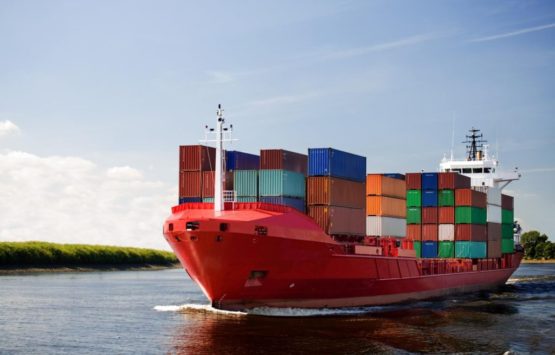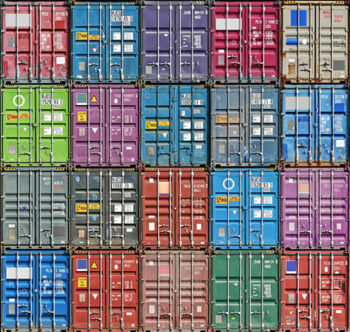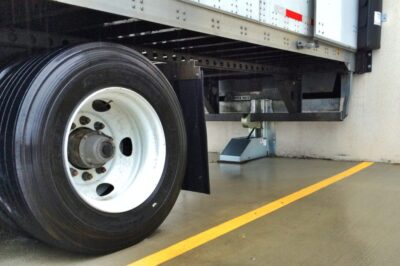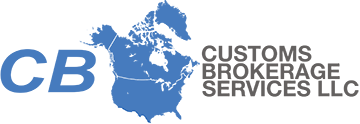Customs Clearance for
Ocean Shipments
Customs Clearance for Ocean Shipments
ISF (Import Security Filing)
The first US Customs requirement for an ocean shipment coming to United States starts before the shipment leaves the last foreign port. The US Customs broker or international freight forwarder must transmit 12 specific pieces of information regarding the shipment to US Customs 24 hours prior to the shipment sailing from the foreign port. ISF compliance is of vital importance for companies who are the Importer of Record on ocean shipments because failure to properly transmit an ISF can result in severe fines and penalties.

Documentation
The documentation required for a broker to clear an Ocean shipment arriving at a Sea Port is as follows:
• Ocean Bill of Lading – issued by the shipping line showing CB Customs Brokerage Services as the notify party. This is a contract, receipt and invoice between a carrier and a shipper.
• Commercial Invoice- provides essential details of the goods being shipped such as shipper, consignee, buyer, full description of the goods, quantities, values, freight terms, tariff code, etc.
• Arrival Notice – issued by an ocean freight carrier or their agent to the consignee of internationally shipped goods to notify about the arrival of international ocean/sea shipment.
• Packing List – gives details about the contents, package or container dimensions and weights.
• Certificate of Origin – when required, provides a certification of the country of manufacture of the goods being shipped. Some trade international agreements will require a certificate of origin on certain goods in order duty preference to be applied.
In our experience the complications in customs clearing ocean shipments arise when the required documentation is not provided in a timely manner and provided by different parties involved in the transaction. For example, there are many times that a freight forwarder will provide the OBL (Ocean Bill of Lading) and not the commercial invoice. The arrival notice is normally issued by the US agent of the foreign freight forwarder and is not available until a few days before arrival of the vessel. There is also the issue of fees in which many times the broker needs to pay to the US agent before the shipment can be freight released. When a shipment is booked door to port, the local pickup and delivery arrangements need to be handled and who’s responsibility this is, needs to be predetermined in order to avoid demurrage. There can be many reasons an ocean shipment does not release in a smooth and timely manner and when this happens it can be very costly to the Importer of Record. The key to properly handling such entries is organisation and constant communication with all involved parties.

CB for all your needs
CB Custom Brokerage Services is a one stop brokerage company that will customise your logistical needs to fit your budget and timeline.
Track your Shipment
Use Smart Border to track your shipment.
Find out if your shipment has arrived at the border and cleared US Customs.
Track my Shipment

